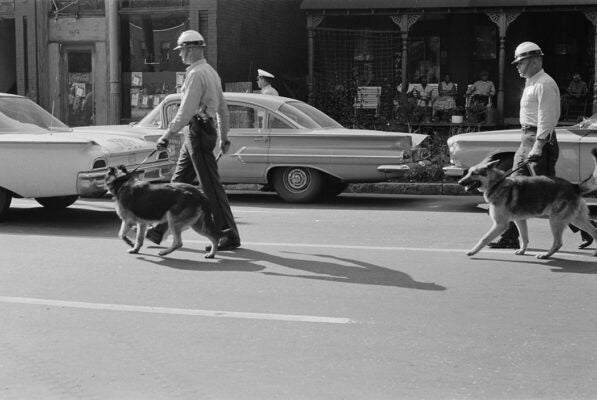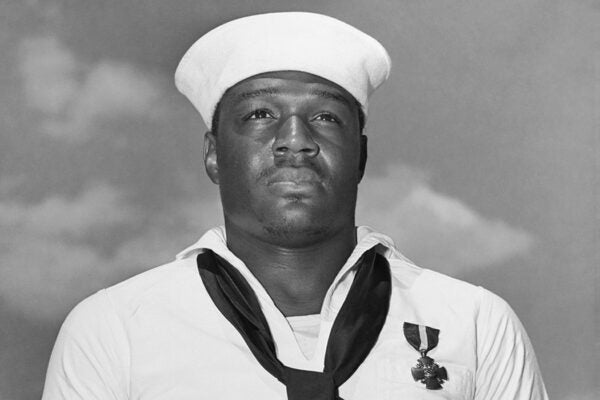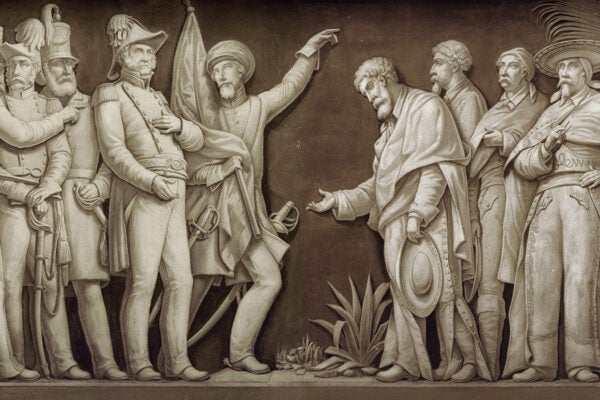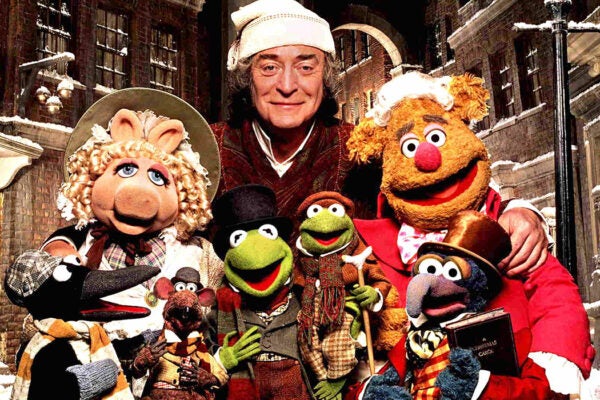Lyndon B. Johnson’s Decision Speech: Annotated
United States President Lyndon B. Johnson’s televised announcement that he would not run for re-election shocked a nation divided by the Vietnam War.
How Upper Lips Got Stiff
The truism that “boys don’t cry” is a Western social convention. Colonialism and imperialism made sure it spread East.
Sinners in the Hands of an Angry God: Annotated
Jonathan Edwards’s sermon reflects the complicated religious culture of eighteenth-century America, influenced not just by Calvinism, but Newtonian physics as well.
The Police Dog As Weapon of Racial Terror
Police K-9 units in the United States emerged during the Civil Rights era. This was not a coincidence.
Remembering Doris Miller
Following his actions at Pearl Harbor, Messman Doris Miller was the first Black sailor to be honored with the Navy Cross—but only after political pressure.
The Treaty of Guadalupe Hidalgo: Annotated
Signed February 2, 1848, the treaty compelled Mexico to cede 55 percent of its territory, bringing more than 525,000 square miles under US sovereignty.
Finding Krao Farini
Public discourse on the bearded lady, a staple of circus sideshow, revealed the racial biases underpinning Darwinian theory.
The Boston Athenæum
Founded in 1807, the subscription library was a gathering place for local scholars, “men of business,” and members of the upper classes in search of knowledge.
How Muppets Add Meaning to a Mass Media Christmas
The Muppet Christmas Carol works hard to get people to engage with Charles Dickens, but its real success is becoming part of the holiday itself.
Public Paw-licy: Dog Breeding, from Pedigrees to Bans
Harmony between human and canine shouldn’t be difficult to find, but poorly defined policies and breed uncertainties makes mutts vulnerable to public biases.









